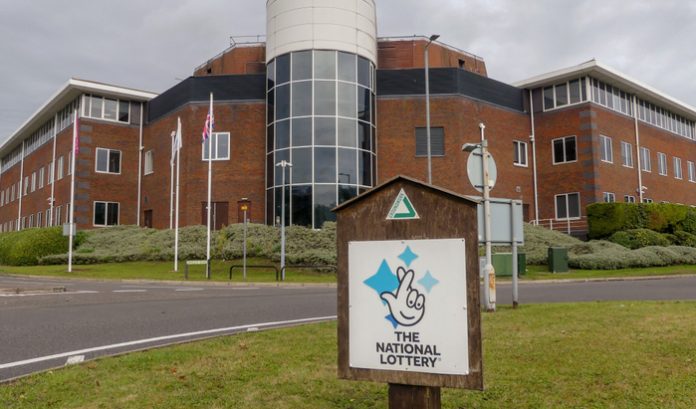A group of MPs and campaigners are calling for an overhaul of the UK National Lottery system following Camelot’s decline in contributions to good causes since 2010, according to reports.
As reported by The Observer, the complaints relate to the revelations that Camelot’s instant games were contributing smaller percentages to good causes to attract more players through higher jackpots.
In 2010, Camelot contributed 28% of its revenues to good causes, however, that figure has dropped to below 23% in its most recent accounts.
The former Leader of the Conservative Party, Sir Iain Duncan Smith, who acts as the vice-chair of the All-Party Parliamentary Group on gambling-related harm, told The Observer: “There should be a fixed percentage on the amount that goes to good causes. The operator is beginning to look like any other gambling company.”
Concerns were raised in October by a cross-party group that the rise of instant games from the National Lottery could spark a wave of problem gambling in the UK.
Camelot figures detail that 31% of the income from draw-based games goes to good causes, compared with about 9% from scratchcards and 12% from instant-win games.
Meanwhile, publishing its half-year results for FY2021/22 in November, the National Lottery operator revealed £3.96bn from ticket sales, a 2.7% increase year-on-year, with a 6.5% increase in contributions to good causes.
Charles Ritchie, the co-founder of Gambling With Lives, told The Observer: “Online games are very different from the weekly lottery draw. These are instant-win games and can be played fast. Often they’re no different to online casino games and slots that are incredibly addictive and harmful to mental health.”
The criticism comes at a crucial time for Camelot as the operator seeks to retain its license in the Fourth National Lottery license competition.
Run by the UK Gambling Commission, the competition is in its evaluation stage, with the winner expected to be announced in February, and the 10-year contract beginning in February 2024.
Camelot has significant competition to retain the license it has held since the National Lottery’s formation in 1994, with the Czech Republic’s Sazka under the identity Allwyn, Italy’s Sisal and Richard Desmond’s Northern & Shell all seeking to take over.
The Department for Culture, Media and Sport has listened to the experiences of Olympic and Paralympic athletes supported by National Lottery funding as part of an inquiry into the lottery.
Adam Peaty, Three-time Olympic gold medalist swimmer, addressed the criticism of Camelot’s profit compared to good cause contributions, telling the panel: “I think if we’re doing that then there should be more funding. If your profits are going up by 120% and good causes are only going up by 2%, then it doesn’t take anyone with two brain cells to go ‘hold on a minute, what’s going on here?’ Camelot or whoever gets the next award… there needs to be more back to society.”
Responding to the criticism from MPs and campaigners, a Camelot statement to The Observer read: “Focusing solely on the amount generated for good causes in percentage terms paints a deliberately misleading and damaging picture of the health of the national lottery.
“By making the national lottery more attractive and generous to players, we’re delivering record sales, prize money and payments in lottery duty to the Treasury. Annual returns to good causes are now over £500m higher than they were at the start of this license, even though the percentage rate of return is lower.”




























